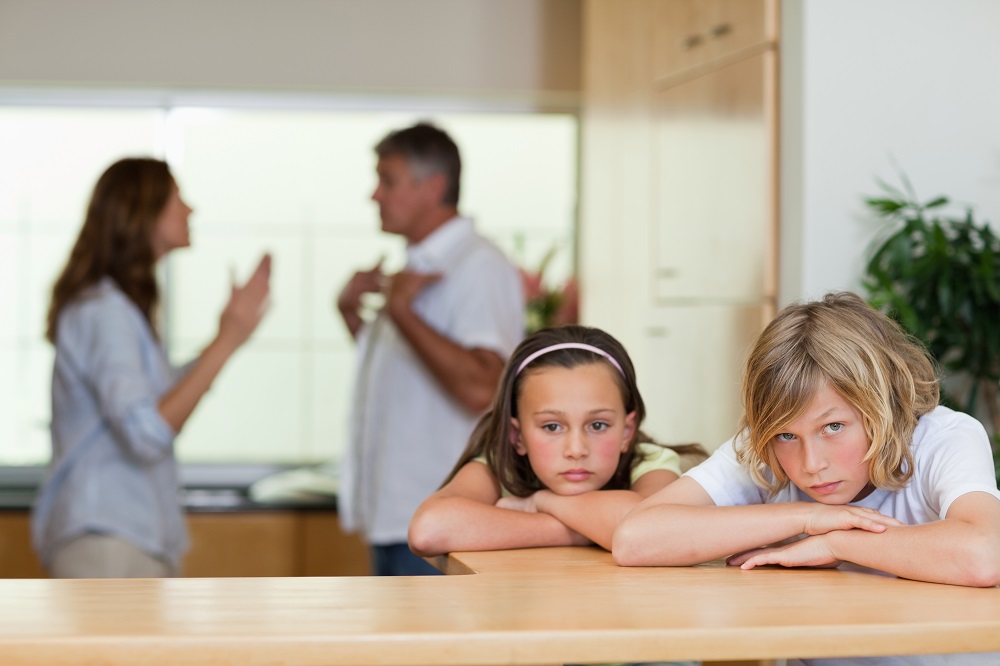Going through a divorce can be a challenging and emotionally ridden process that affects not only the spouses involved, but also their children. When parents decide it is in their best interest to part ways, the ripple effect of their decision permeates and extends far beyond the legal proceedings and asset divisions. A divorce can have a profound effect on the lives of children that has the power to forever shape their emotional well-being, social development, and future relationships. Let’s dive into some ways that your children may be affected during their parents’ divorce.
Loss of Faith in Relationships
Unfortunately, one predominant impact divorce has on children is a loss of faith in relationships. These relationships can include marital relationships, as well as family. Research shows that children of divorced parents are more likely to experience a divorce in their own lives. This loss of faith is due in part to the fact that the children grew up not being able to watch their parents model healthy relationships. For example, it is likely that the two parents were always in contention and did not practice open or honest communication with one another. However, it is important to note that just because your parents got a divorce does not guarantee that you will too.
Decline in Academic Performance
It is not uncommon for a divorce to take a toll on childrens’ academic performance as well. When a couple goes through a divorce, more likely than not one of the spouses will move out of the house. If both parents have custody of their children, they will have to travel back and forth to each house, which can cause a significant disruption in their daily routines. Additionally, children may find it difficult to concentrate and focus on school as they may be always subconsciously thinking about the divorce or comparing their parents’ dwindling relationship with those of their classmates’ parents.
Increase in Risk-Taking Behaviors
Children whose parents are divorced are also more likely to engage in risky behaviors. These behaviors may include underage drinking, drug use, and early sexual activity. Additionally, these children may also display misconduct and may get into conflicts with their peers more often. These behaviors are likely to result for a couple of reasons. First, the parents may be inadvertently giving their children less affection and attention due to the stress and emotions that are experiencing during the divorce. Additionally, children are likely to feel very confused and upset about the divorce, causing them to lash out and take out these emotions on others.
Guilt
Another impact that children may experience when their parents go through a divorce is immense feelings of guilt. It is not uncommon for children to feel as though they may be the reason why their parents got a divorce. They may begin to question whether they did something or ponder if their parents truly do not love each other anymore. Unfortunately, these feelings of guilt can lead to other emotional and mental health problems including stress, anxiety, and depression. To help your children avoid feeling like they are at fault for the divorce, it is important to maintain open and honest communication with them about what is happening in the relationship and assure them they are not the reason why the separation came about.
Legal Support
Going through a divorce can be undoubtedly difficult, and the stress of the legal nuances of the situation can become very overwhelming. A Florida family law attorney can help you understand division of property, child custody laws, child support, and any other legal issues related to going through a divorce. Connecting with an attorney can help alleviate stress and make it a much more seamless process. By doing this, you will inadvertently decrease the impact that a divorce can have on children.

